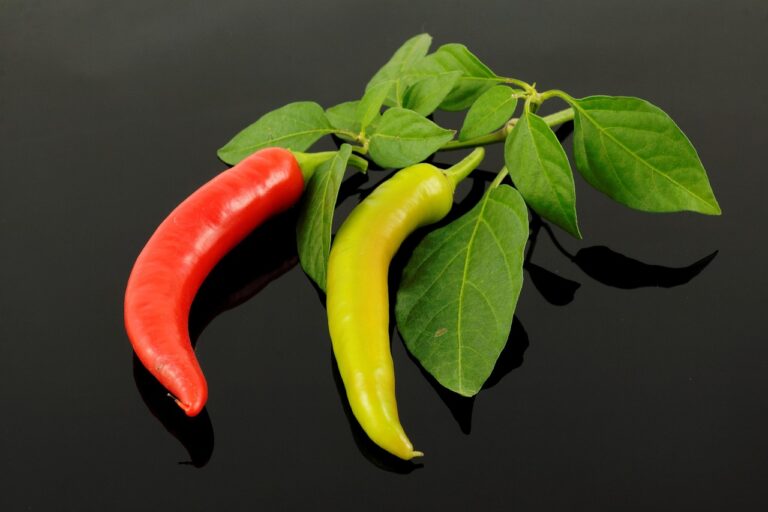Plant Biotechnology: Improving Crop Resilience to Climate Change: World777, 11xplay pro, Betbook247 app login
world777, 11xplay pro, betbook247 app login: Plant Biotechnology: Improving Crop Resilience to Climate Change
In recent years, the impact of climate change on agriculture has become increasingly evident. Rising temperatures, erratic rainfall patterns, and the spread of pests and diseases are just some of the challenges that farmers around the world are facing. As a result, there is a growing need for agricultural practices that are more sustainable and resilient. Plant biotechnology has emerged as a powerful tool to help improve crop resilience to climate change.
1. What is plant biotechnology?
Plant biotechnology is the use of scientific tools and techniques to improve the genetics of plants. This can include techniques such as genetic engineering, gene editing, and marker-assisted breeding. By manipulating the genetic makeup of plants, scientists can create crops that are more resistant to pests, diseases, and environmental stresses.
2. How can plant biotechnology help improve crop resilience to climate change?
Plant biotechnology can help improve crop resilience in several ways. For example, scientists can develop crops that are more drought-tolerant, allowing them to thrive in regions with limited water availability. They can also create crops that are more resistant to pests and diseases, reducing the need for chemical pesticides. Additionally, plant biotechnology can help increase the nutritional value of crops, ensuring that farmers can continue to produce food in a changing climate.
3. What are some examples of crops that have been improved through plant biotechnology?
One example of a crop that has been improved through plant biotechnology is genetically modified (GM) maize. GM maize has been engineered to be resistant to pests such as the corn borer, reducing the need for chemical pesticides. Another example is GM soybeans, which have been developed to be resistant to herbicides, allowing farmers to control weeds more effectively.
4. Are there any risks associated with plant biotechnology?
While plant biotechnology has the potential to bring many benefits, there are also concerns about its impact on the environment and human health. For example, some people are worried about the potential for genetically modified crops to crossbreed with wild plants, creating so-called “superweeds.” Additionally, there are concerns about the long-term effects of consuming genetically modified crops.
5. What is being done to address these concerns?
To address concerns about the risks of plant biotechnology, scientists are conducting extensive research to ensure that genetically modified crops are safe for human consumption and the environment. Regulatory agencies around the world also closely monitor the development and use of genetically modified crops to ensure that they meet safety standards.
6. How can farmers benefit from plant biotechnology?
Farmers can benefit from plant biotechnology in several ways. By growing crops that are more resilient to climate change, farmers can reduce their reliance on chemical inputs such as pesticides and fertilizers. This can not only help improve the sustainability of their operations but also reduce costs and increase yields.
In conclusion, plant biotechnology is a powerful tool that can help improve crop resilience to climate change. By developing crops that are more drought-tolerant, pest-resistant, and nutritious, scientists can help ensure that farmers can continue to produce food in a changing climate. While there are concerns about the risks of plant biotechnology, ongoing research and regulation are helping to address these issues. By harnessing the power of plant biotechnology, we can create a more sustainable and resilient agricultural system for the future.
FAQs:
1. Are genetically modified crops safe to eat?
– Extensive research has shown that genetically modified crops that have been approved by regulatory agencies are safe for human consumption.
2. Are genetically modified crops more expensive to grow?
– While genetically modified crops may have higher upfront costs, they can lead to savings in the long run by reducing the need for chemical inputs.
3. Can genetically modified crops harm the environment?
– Genetically modified crops are rigorously tested to ensure that they do not harm the environment. In many cases, GM crops can actually benefit the environment by reducing the need for chemical pesticides and fertilizers.







